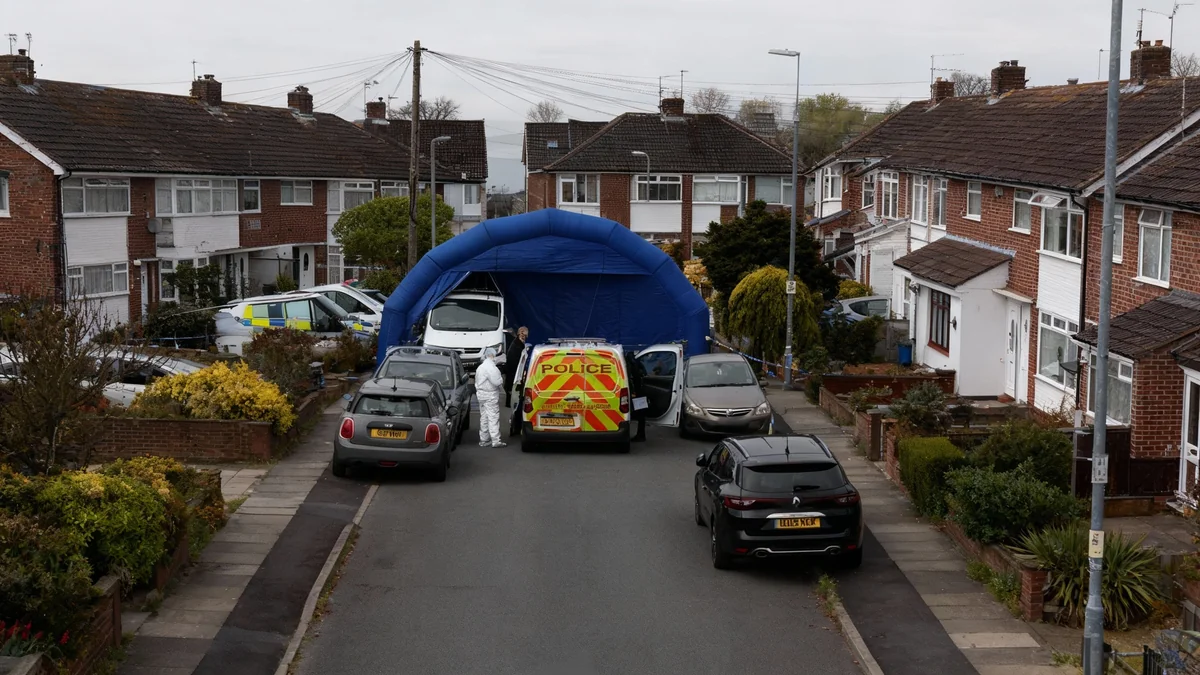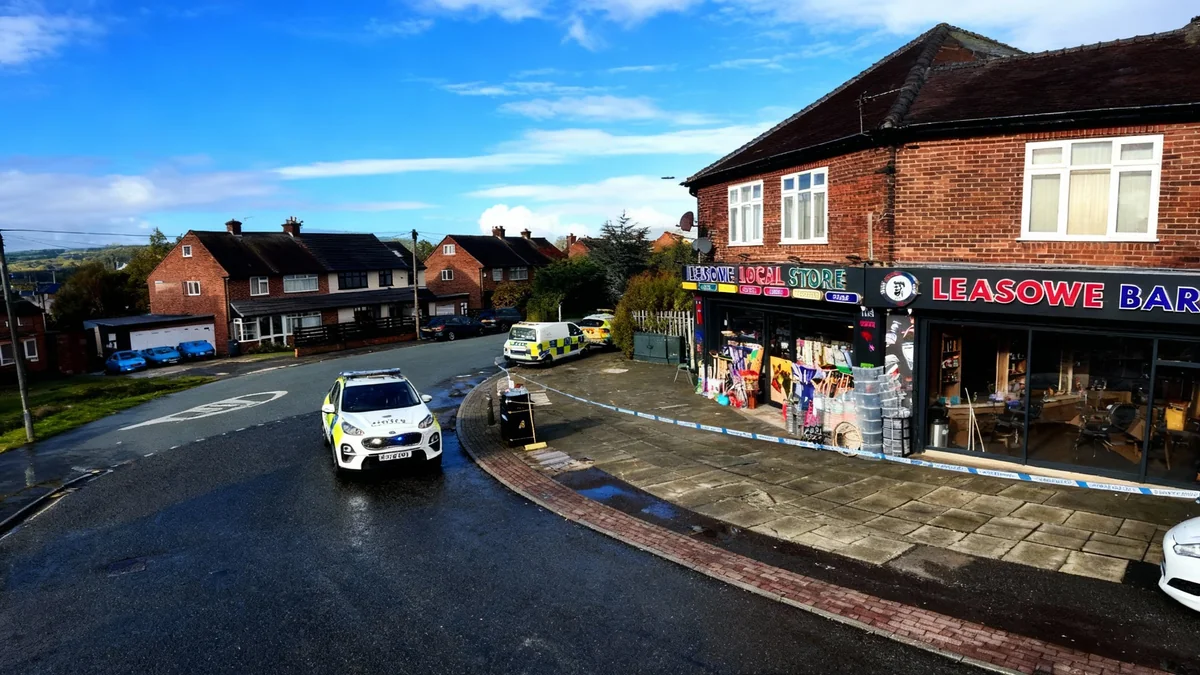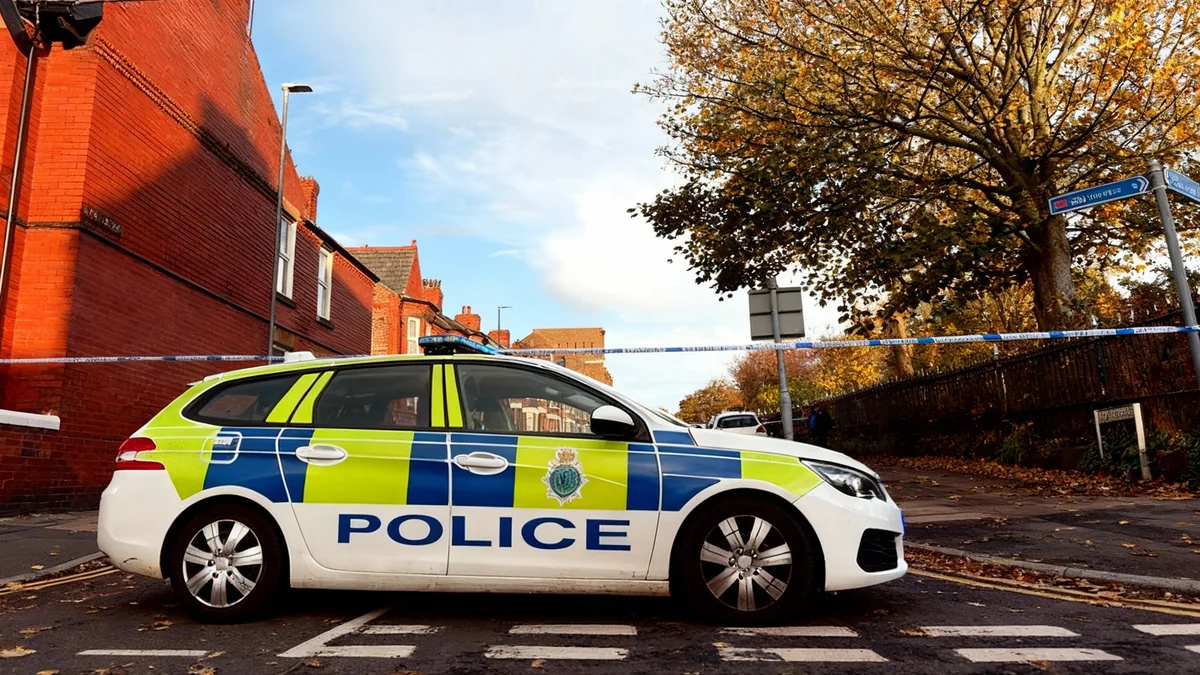An investigation has been launched by the RSPCA after seven young kittens were found abandoned inside a cat carrier by a roadside in Wallasey. The animals, discovered in poor health, are now receiving care from the animal welfare charity, which is appealing to the public for information.
Key Takeaways
- Seven kittens were found abandoned in a cat carrier on Dock Road, Wallasey, on September 8.
- The animals were in poor condition, covered in faeces and with visible tapeworms.
- The RSPCA is investigating the incident and has issued an appeal for public information.
- The abandonment highlights a national trend, with the RSPCA bracing for an increase in unwanted kittens during its peak breeding season.
Discovery on Dock Road
The seven kittens were discovered by a member of the public on Monday, September 8. A woman walking along Dock Road in Wallasey found the animals packed into a single cat carrier left in a bush.
She secured the carrier and transported the kittens to the nearby RSPCA Wirral and Chester Branch for immediate assistance. Staff at the centre were met with a distressing scene upon opening the container.
The kittens, all black and white, were found to be covered in their own waste. Live tapeworms were also evident within the carrier, indicating a significant lack of care. No food or water had been left for the animals.
Two Litters Suspected
Upon examination, RSPCA staff believe the kittens are from two separate litters due to slight age differences among them. This suggests they may have come from a household with multiple unneutered female cats.
RSPCA Inspector Louise Showering commented on the vulnerability of the animals.
"These were tiny, defenceless kittens who must have been terrified - dumped without their mother, food, or water. They were also in poor health and live tapeworms were evident in the carrier."
Care and Recovery at RSPCA Centre
Following their rescue, the kittens were immediately placed under the care of the RSPCA Wirral and Chester Branch. Staff have been providing medical treatment, proper nutrition, and a safe environment for their recovery.
Kay Hawthorn, the centre manager, confirmed that the kittens are responding well to the care. They have been affectionately nicknamed 'The Bush Babies' by the team looking after them.
The kittens will remain at the branch until they are fully recovered and old enough to be rehomed. The centre will then begin the process of finding suitable forever homes for each of them.
A Growing Concern
The RSPCA recorded 27,853 incidents involving cats in need last year. Of these, a staggering 7,879 concerned abandoned animals. The charity expects these numbers to rise due to the ongoing cost of living crisis.
Public Appeal for Information
The RSPCA has launched a formal investigation into the abandonment and is urging anyone with information to come forward. Inspector Showering highlighted the dangerous location where the kittens were left.
"This is a busy area for traffic as it’s on the route to Seacom-be Ferry Terminal," she stated. "We urge anyone who saw anything suspicious or saw someone with the carrier to get in touch."
She added, "Fortunately the kittens are now safe in branch care and are being looked after, but if they hadn’t been found they all could have suffered a lingering death.”
Anyone with relevant information is asked to contact the RSPCA inspectorate appeal line at 0300 123 8018 and quote the incident number 01629895.
National Issue of 'Kitten Season'
This incident in Wirral is part of a much larger, seasonal problem. The period between May and September is known as 'kitten season' due to a significant peak in cat breeding. This leads to a surge in the number of unwanted litters.
Rescue centres across the country, including the RSPCA, become overwhelmed with abandoned or surrendered kittens during these months. Last year, over half of all cat-related incidents reported to the RSPCA (14,568 out of 27,853) occurred during this five-month window.
The Cost of Living Impact
The current economic climate is exacerbating the animal welfare crisis. Alice Potter, Cat Welfare Expert at the RSPCA, explained, "With the cost of living crisis putting an extra strain on people's finances, we're concerned that we may see more cats than ever in need of help at a time when our centres are already full-to-bursting."
How the Public Can Help
The RSPCA emphasizes that public action is crucial to tackling the cat overpopulation crisis. Alice Potter outlined several key ways people can contribute.
Key Recommendations from the RSPCA:
- Neutering: The most effective way to prevent unwanted litters is to have pets neutered. This is a routine procedure that prevents unplanned pregnancies.
- Adoption: The charity strongly encourages prospective pet owners to adopt from a rescue centre rather than buying from a breeder. Their 'Find a Pet' website lists animals currently seeking homes.
- Support and Volunteering: Local rescue centres rely on public support. This can include fostering animals, volunteering time, or donating supplies.
- Assisting Strays: Helping local stray cat populations, often through trap-neuter-return (TNR) programs, can significantly reduce the number of feral kittens.
The charity also provides clear guidance for anyone who finds an abandoned animal. "If you come across a dumped cat or kittens, the fastest way to help is to take them directly to a vet," Potter advised. "They can treat the animals and alert the RSPCA if needed."





